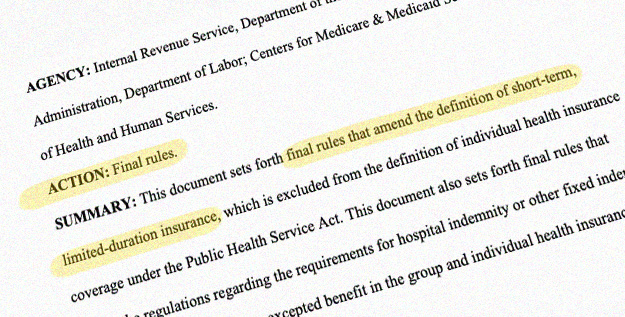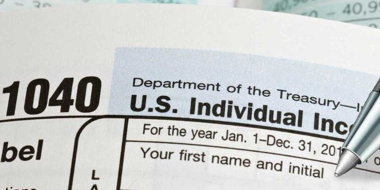Q. I am self-employed and my husband is on Medicare. I deduct my health insurance premiums on my income tax. I recently heard that I also can deduct his Medicare Part A, Part B, Part C and Part D premiums. Is this really true?
A. Yes. In 2012, the IRS ruled that Medicare insurance premiums can be counted. Under the ruling, Medicare premiums covering the self-employed individual – as well as his or her spouse, dependents, and under-age-27 children – are deductible.
Prior to 2010, no Medicare premiums were deductible under the self-employment health insurance deduction. From 2010 to 2012, only Part B premiums were deductible. But starting in 2012, premiums for Medicare A, B, C, and D, as well as Medigap/Medicare Supplement, became deductible under the self-employment health insurance deduction.
The IRS rules for the self-employed health insurance deduction clarify that
Medicare premiums you voluntarily pay to obtain insurance in your name that is similar to qualifying private health insurance can be used to figure the deduction. Amounts paid for health insurance coverage from retirement plan distributions that were nontaxable because you are a retired public safety officer can’t be used to figure the deduction.
The deduction cannot exceed the self-employed person’s earned income, after expenses. For example, if you have a net self-employment income (reported on a form like Schedule E or Schedule C) of only $10,000, your deduction cannot exceed $10,000. And the self-employed health insurance deduction is not allowed at all if employer-subsidized coverage is available (see Worksheet 6-A in Publication 535).
Read more FAQs about self-employed health insurance, as well as our in-depth explainer about the self-employed health insurance deduction.
This information is provided as background only. As with any issue related to your taxes, you should seek advice from a tax professional if you have questions about your specific circumstances.












